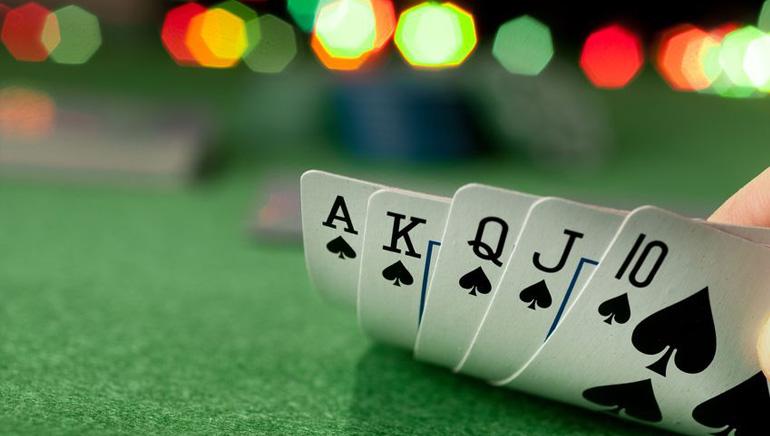Poker History

The origins of poker as we know it today are rather contentious. Its evolution is thought to have been influenced by numerous games, all involving the basic principles of ranked cards over a period of more than ten centuries.
One of the earliest known games with betting, hand ranks and bluffing was a German game known as 'pochspiel' during the fifteenth century. Poker also closely resembles a Persian game, 'As Nas'. However, some historians reject that As Nas could be the source of modern day poker as no descriptions of this game can be found prior to 1890.
It's likely that poker descends from a French game called 'poque' and a German game called 'pochen' which were very popular during the seventeenth and eighteenth centuries. Both of these developed from the Spanish game 'Primero'. French colonials then brought the game, poque, with them to Canada. French-Canadian settlers later imported the game to New Orleans from where it spread on steamboats up the Mississippi River. During the gold rush period in America, a poker table could be found in almost every saloon from the East coast to West coast and proved very popular with the soldiers during the Civil War.
From the United States poker spread across the world and experienced an unprecedented spike in popularity with the advent of the internet and online casinos. The internet transformed poker into a spectator sport and the increased coverage of poker events lead poker pros being regarded as celebrities.










